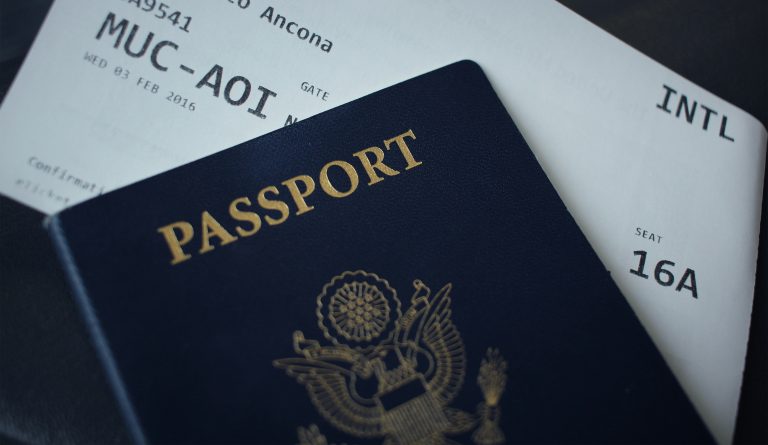Should Employers Pay a Christmas bonus?

A Christmas bonus is usually a one-off payment made to the employee during the Christmas period in addition to their normal salary.
Christmas bonuses can keep staff morale high. It may also act as an incentive for an employee to join the business, or retain quality staff. For employers, paying a Christmas bonus is often seen as a way to boost morale and keep employees happy. A happy employee is often more productive, which can lead to increased profits for the company. Offering a bonus shows that the company cares about its workers and values their contributions.
Ultimately it comes down to showing appreciation for employees and acknowledging the hard work they do year-round.
Pros:
- Christmas bonuses can be a great motivator for employees. They can provide an extra incentive to work hard and produce quality results.
- Bonuses can help build morale within a company. When employees feel appreciated, they are more likely to be happy and satisfied with their jobs.
- Bonuses can show that you value your employees’ contributions to the company. This can help attract and retain talented workers who feel appreciated and valued.
Cons:
- Bonuses can create jealousy and resentment among employees if they are not given out equally or fairly.
- It can be expensive for employers. If bonuses are given in the form of cash, employers must factor in taxes and other withholdings.
There are no legal obligations for employers to pay their staff a Christmas bonus. However, many businesses choose to do so as a way of showing their appreciation for their employees’ hard work throughout the year.
Whether or not an employer pays a Christmas bonus is entirely up to them.
It is generally seen as good practice to show your employees some extra appreciation at this time of year.
Global People is a leading local employment solutions provider for national and international corporations and can advise and escort you in your next destination.






